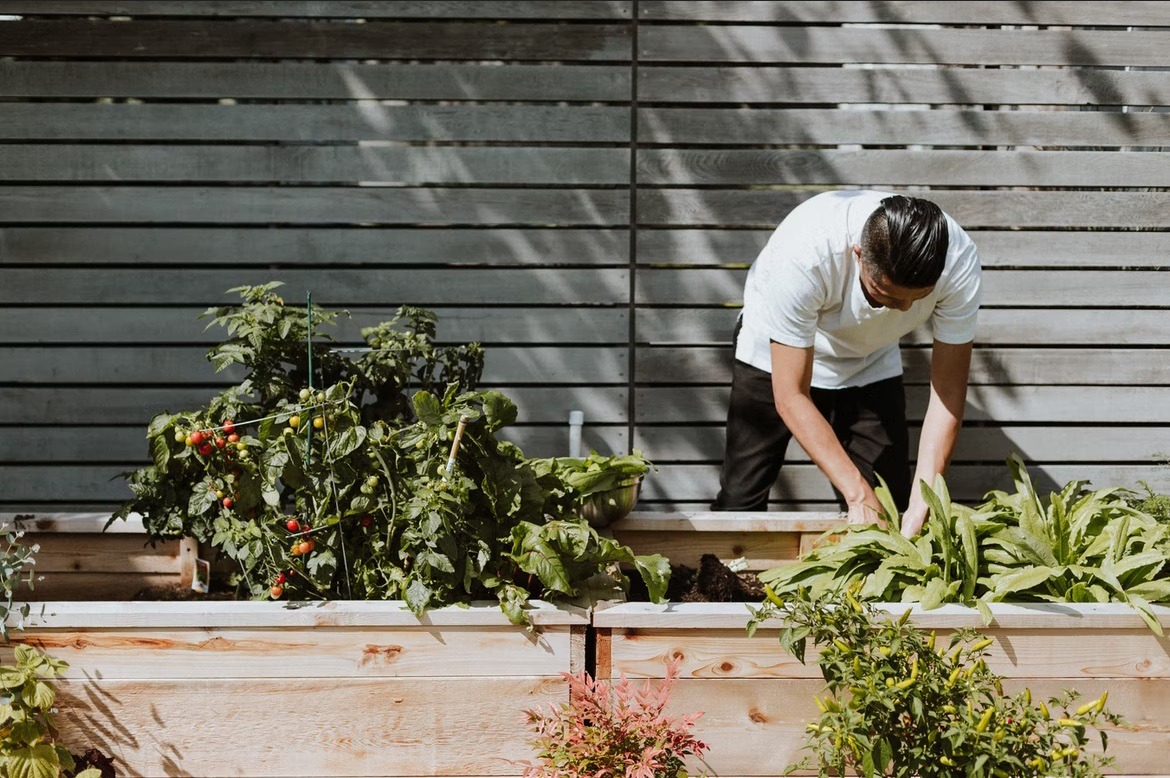The summers in Pennsylvania can get quite hot. Temperatures range from 75 degrees to 95 degrees, with around 8-10 days of rainfall during the summer months. In such conditions, it is always wise to prepare your home and its surrounding areas for the summer.
In this article, we will look into some of the ways you can prepare your Pennsylvania house for the summer, residential house painting.
1. Clean the Air Conditioner
The air conditioner filter is the first place you should start cleaning. This is the part that catches dust and dirt, so it needs to be cleaned regularly. Take off the cover, then remove the filter from its holder and wash it with soap and water if needed. Make sure to dry it thoroughly before replacing it back into its holder on top of your unit.
Next up are the coils – the metal pipes in which refrigerant flows during operation (and where humidity collects). You will want to vacuum these out every few weeks during the summer months because they can collect debris over time if not cleaned regularly. If there is any damage or rusting present on these pipes, replace them immediately.
In case you need to repair your air conditioning or heating system, find and hire the best service provider for HVAC in Collegeville, PA, and its nearby areas. Only by hiring the best can you expect quality service. So, whatever the problem is with your heating system or AC unit, these people can provide the best solution so that you can live in comfort during the summer as well as winter months.
2. Clean Your Grill
If you have a grill, clean it. You will want a clean grill for your summer BBQ parties.
You can use a wire brush to remove burnt-on food and bits of debris from the surface of your grill. If you do not have a wire brush, feel free to use whatever implements are at hand, like sponges or paper towels. Some greasy grills might not be easy to clean. In these cases, take them outdoors before cleaning them further using chemical solutions such as vinegar or baking soda and water mix.
3. Prepare Your Garden
Start with a simple clean-up of your garden. Remove weeds, dead branches, leaves, and grasses that have died back over the winter. Turn over any dirt you find so it can be examined for insects or worms.
Remove dead bushes from around houses because they attract rodents. The last thing you would want is your house to get infested with rodents during the hot Pennsylvania summer.
4. Pick a Paint Color
Picking a paint color is one of the most important decisions you can make for your home. It can help you determine the right color for your living room and bedroom, as well as how they will look once they are painted.
The first step to picking a paint color is determining what style of decorating you want in each room. If you have eclectic tastes, then perhaps a neutral-colored wall would be best for accenting those different styles throughout your house. Or maybe you would like some pops of color but do not want too much going on at once? In that case, consider choosing shades that are soft or muted so they will blend into each other without overpowering the rest of the space.
Avoid dark colors if you can, especially if you are painting the exterior. Consider using them for contrast purposes only. Light colors are more reflective, which means they will not trap much heat during the summer. That way, you can keep your house cool.
5. Keep an Eye on Your Roof
While you are making sure the rest of your home is ready for summer, make sure to keep an eye on the roof. A leaking roof can quickly lead to mold and mildew, which can make you sick if you have sensitive skin. If there are cracks in your roof, it may be time for a repair job.
You should also check tree growth around chimneys and vents since these areas tend to accumulate bird droppings when birds roost near them. This buildup is not just unsightly but can also increase moisture levels inside homes by allowing rainwater in through gaps around windows or doors.
These tips will help you get a head start on your summer prep. The key is to get started right after winter ends so you have enough time to figure out where to make changes and repairs. Some things will take more time than others. So, before you start, prepare a plan and work on it accordingly.

